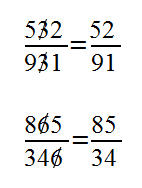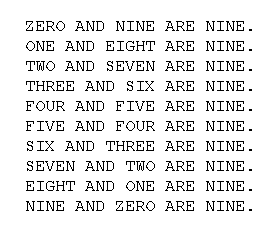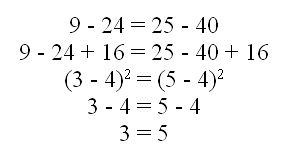Sir Walter Raleigh once made a wager with Elizabeth that he could weigh the smoke from his tobacco pipe.
When she accepted, he weighed his tobacco, smoked the pipe, and then weighed the ashes that remained.
The queen paid him. “I have seen many a man turn his gold into smoke,” she said, “but you are the first who has turned his smoke into gold.”




